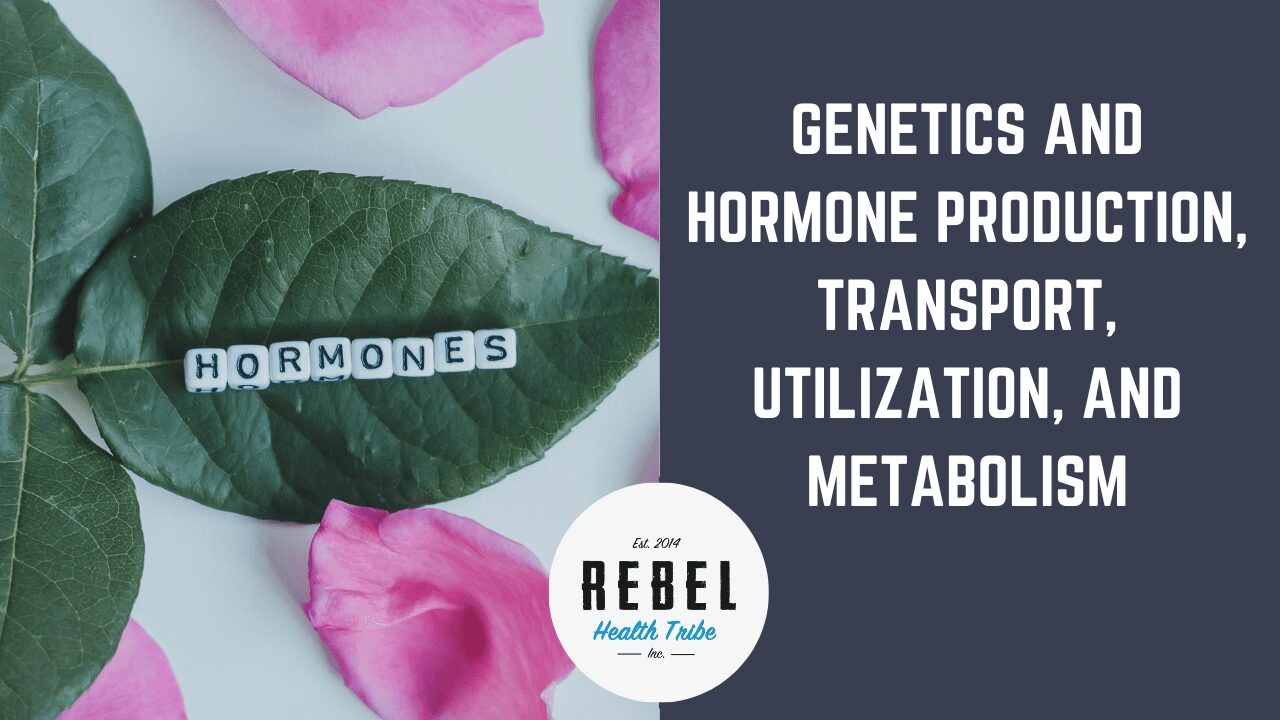
Genetics and Hormone Production, Transport, Utilization, and Metabolism
Our genetics play a larger role in our hormones than most people
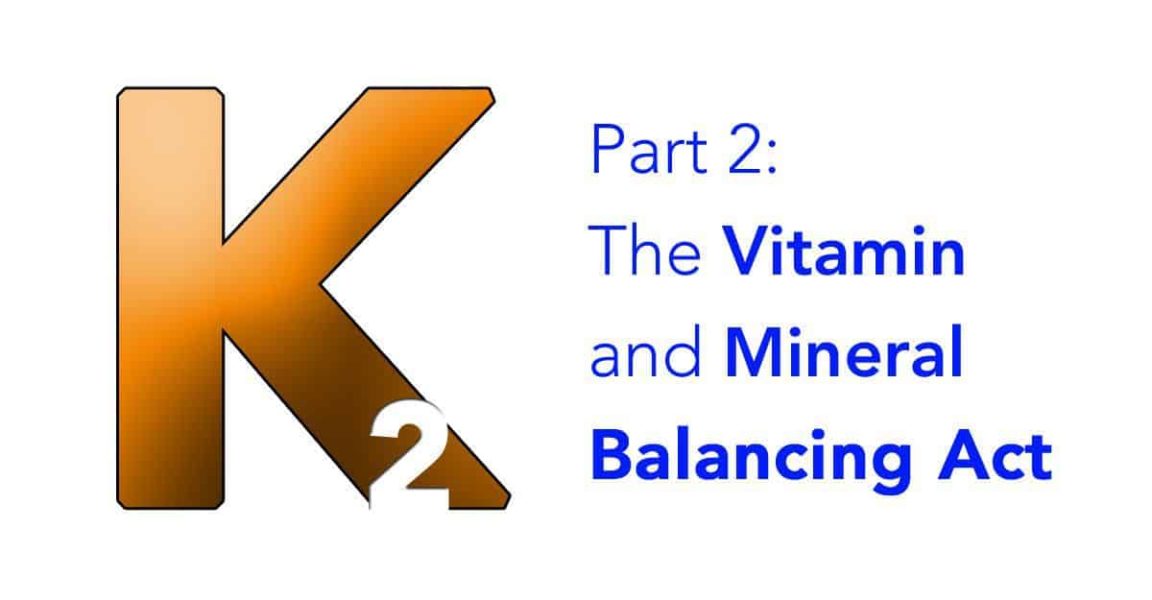

Our genetics play a larger role in our hormones than most people
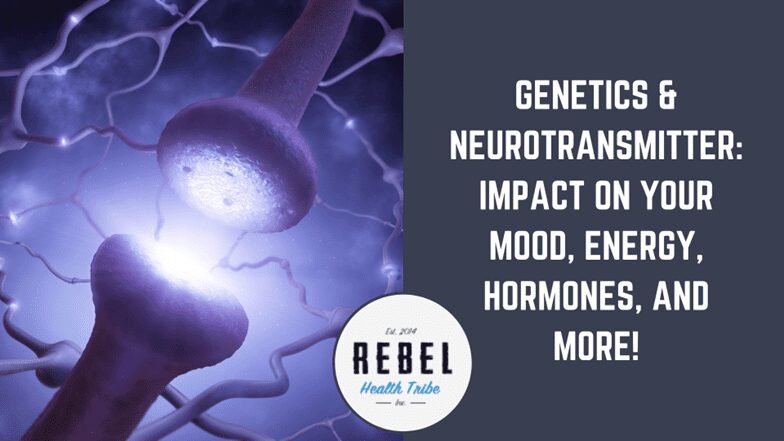
Have you wondered why an antidepressant didn’t work for you? Have you
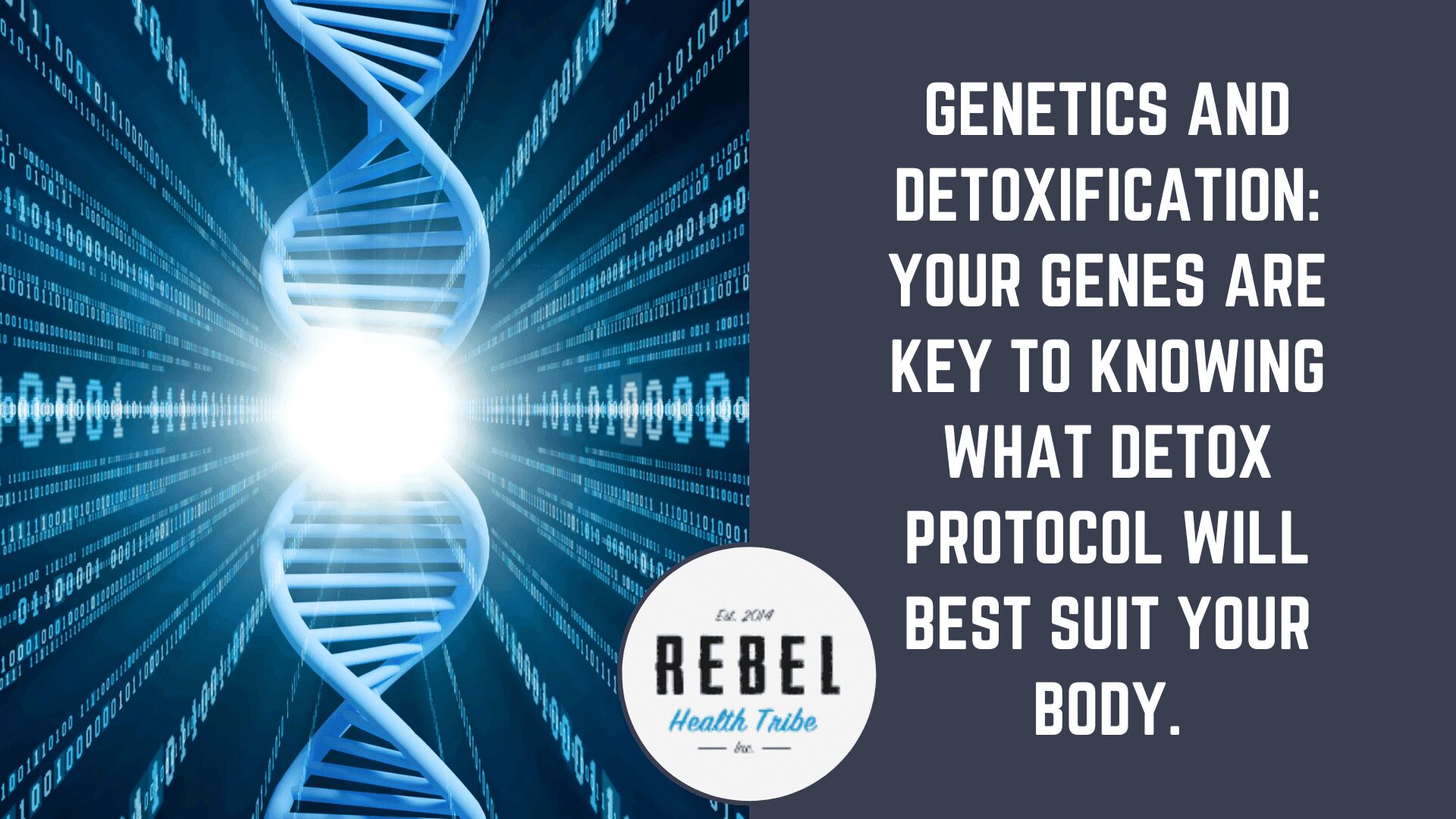
https://vimeo.com/821487331 If you’ve ever bought a detox kit off a shelf
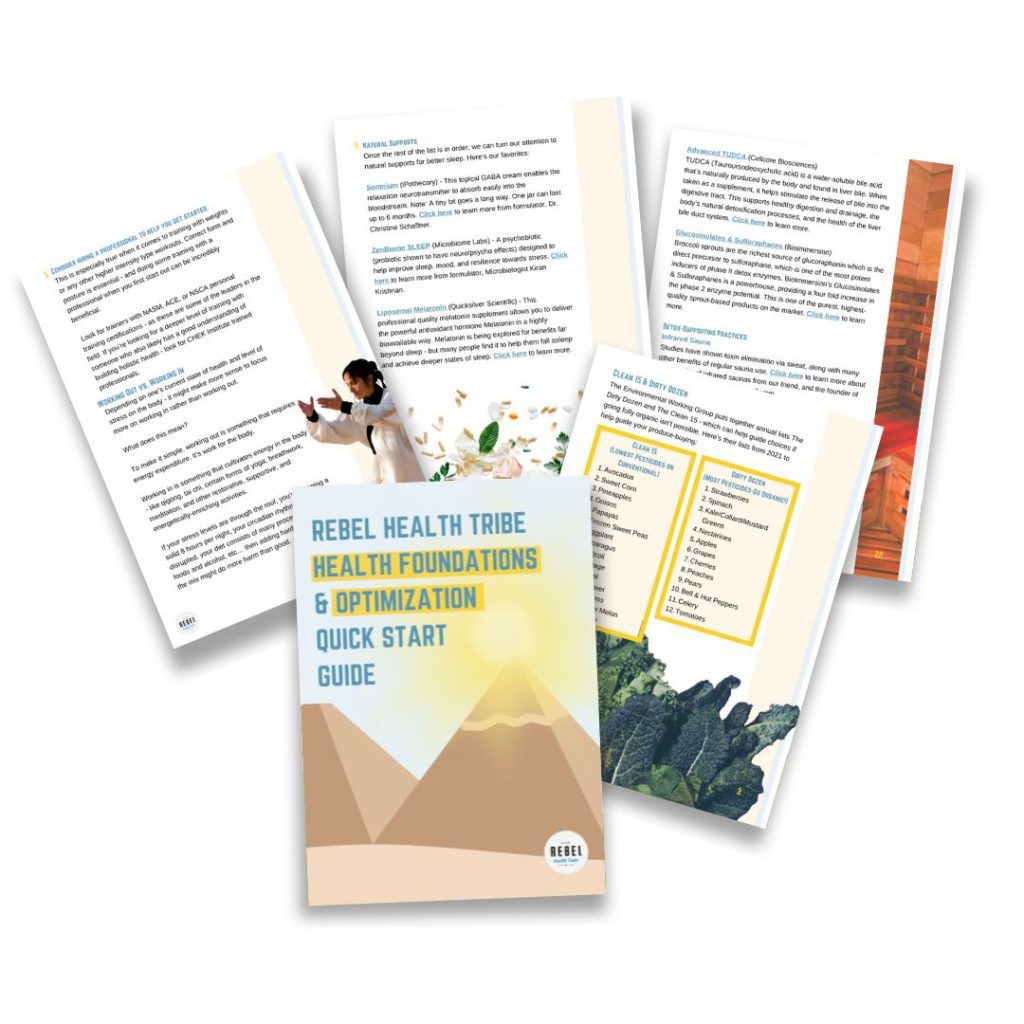
Optimization Guide
If you’d like to learn more about Vitamin K2 and why it’s so important, Read This Article.
Want to learn more about the only complete-dose K2 Supplement with essential co-factors?
Transcript
Michael: I have a book called, I think it’s called The Calcium Paradox. I haven’t read all of it. I skimmed through it. I should probably finish it. But I acquired it and it’s on my stack of like 40 something books I’m trying to read right now. But I believe it talks a bit about vitamin K2 also. But the argument, I mean everyone says to take vitamin D and I now have it in a list of articles and podcasts and things that I have on vitamin D that are more along the lines of what we’re talking about here that I just copy and paste into any conversation I come across online about vitamin D supplementation, and that the vitamin D that they measure is actually the storage form of vitamin D anyway. It’s not the active form when you take tons of it. You’re kind of potentially overloading that active vitamin D, and there’s way too much of it but if your body isn’t storing it, putting it into storage form, the number they test at the office isn’t gonna change anyway. And they’ll probably give you more, and that there’s a good possibility that vitamin D deficiency, at least in that form, is more of a symptom of either underlying inflammation or infection or chronic hidden viruses or something than it is a root cause of issues, because there’s plenty of people here who live in Southern California that are out in the sun all the time who go to the doctor and they’ll say oh your vitamin D is low, you need to take vitamin D. Well we make vitamin D from the sun right?
Kiran: That’s exactly right. And then you look at just human evolution, in general to me vitamin D doesn’t really come from any food source. But humans and evolved to survive with adequate amounts of vitamin D without consuming it. And the reason is because we make enough of it with adequate exposure to sunlight. The key is getting enough cholesterol and fat into your diet so that the sun can actually convert that into vitamin D. That’s where most people falter. Vitamin D is actually made from fatty acids from cholesterol. And so when you start looking at a really low fat diets and things like that and then lack of exposure to sunlight and all that then you’re creating this, statin medications, you’re creating this unnatural D deficiency. And then since vitamin D now has been widely accepted by the allopathic medicine, that’s actually kind of caused problems because now allopathic doctors are the ones that are telling their patients to take the 50,000 IU’s of D’s, they’re the prescription levels of vitamin D. And they don’t understand that all the fat soluble vitamins work together because excessive amount of D of course depletes your body of K2 which puts you at risk of osteoporosis and cardiovascular disease and not to mention senile dementia. And we’ll talk a little bit about some cancer studies as well. That’s another huge area. Diabetes… But it also causes disruptions in vitamin A and vitamin E function in the body, because all A, D, E and K, all the fat soluble vitamins all affect one another. So it’s a very important balance. So this over-excessive use of vitamin D is something else. So now if you live in the Midwest like I do and there are times a year when you really don’t get any sun exposure then some supplementation is fine. But the key is getting out 15 minutes in the sun and you’re good.
Michael: But it should always be with K2 and other fat soluble vitamins right?
Kiran: Exactly. And because again all these things work in balance, they work in harmony. If you think about it the body really only has about 13 essential vitamins, and these vitamins perform thousands and thousands of reactions in the body. So each one of them is very much dependent on the other as part of the cascade of chemical reactions. So if you have a deficiency in one and it’s part of an important cascade, like the osteocalcin one I described, then the reaction stops. So you could have all the vitamin D in the world releasing osteocalcin, which is the protein to build bone, but if you don’t have the K2 there to activate it, then the system stops right there and you’re not building your bone. So it’s extremely important to get them all at the right physiological ratios.
Michael: So it’s not complex at all you’re saying.
Kiran: Yeah exactly. (Laughs.)
Michael: So that reminds me of our Enzymes Microbiome Series episode where you explain for like 5 straight minutes of medical talk about how enzymes all interact with each other and my brain was about to explode. But 13 or so vitamins can perform thousands of functions. The only way that’s possible is if those functions are dependent on a certain combination of vitamins and an order of which the vitamins get involved with to form that many different ways for them to function, right?
Kiran: Exactly. And one of the problems with allopathic medicine is they think in silos. One compound, one function, one drug, one function… We forget the holistic approach and so we have to keep that in mind as well, with supplementation, is the holistic approach is extremely important. You should not take any one vitamin in excessive amounts.
Michael: So you mentioned cancer and diabetes in relation to K2. Could you talk a little bit about the research in those regards? Cause those are some pretty strong statements and big chronic diseases.
Kiran: Yeah, a lot of the studies are coming out of Tufts University and the USDA, they’ve been doing a lot of work on diabetes and even cancer, with regards to vitamin K2. It’s very interesting, for example there’s a study called the Heidelberg Cohort Study which was 28,000 patients I believe. So it’s no small study. It’s a very very large study and there were many endpoints they were looking at, but prostate cancer, and a variety of cancers were all looked at at the same time. One of the things that they determined was an adequate intake of vitamin K2 to reduce your prostate cancer risk by 30%. Another big study that was actually published in the American Journal of Medicine recently (this was just in the last 2 years) took patients that had Hepatitis B and Hepatitis C. Now Hepatitis B and C patients have a much higher risk factor for developing liver cancer, obviously because they have liver infections. And so they took some of the patients and gave them vitamin K2 and of course the other ones without vitamin K2. The number of patients who had Hepatitis B and C that developed liver cancer was 10% in the vitamin K2 group. In the non-vitamin K2 group it was 47%. So almost 4 times as many people developed the liver cancer because they weren’t taking adequate amounts of vitamin K2. And there’s dozens, if you go and look at studies there’s dozens and dozens of studies on how vitamin K2 seems to be playing a very important role in the prevention of creating these immortal cancer cells. And Tuft’s University, NIH, USDA, all these huge institutions are doing this work. So it’s phenomenal, phenomenal work. Now with diabetes, Tuft’s University is another one that published a huge study of thousands of patients that showed that adequate amounts of vitamin K2 actually tremendously decrease your risk of developing diabetes, and improve insulin sensitivity. So vitamin K2 seems to be playing a role in the function of the isolate cells in the pancreas itself. So what we’re starting to see is vitamin K2 plays a very important role in many different parts of the body. I’ll tell you another very very very exciting study, and this is just preliminary, but researchers in Belgium, who are working on an animal model for Parkinson’s, so when you have certain chronic diseases, you develop validated animal models for it to look at compounds that can help with the conditions. So the characteristics of Parkinson’s Disease is that your neurons start to die off. So the neurons stop producing energy, they die off and you lose motor function and things like that. So what they were able to show is that the addition of vitamin K2 actually reactivated the neurons and reversed the symptoms of Parkinson’s Disease in that animal model. So it was a very very exciting study because there are a number of neurological degenerative disease that people are now very well aware of. ALS and Parkinson’s are the two big ones. Now this actually supports two of the large studies that we did, that my group did. We’ve done studies on diabetic neuropathy, and idiopathic neuropathy as well. So a lot of people with diabetes or vascular disease or poor circulatory issues developed neuropathy. They developed tingling sensations and odd sensations in the fingertips and toes. They develop restless leg type of issues. And in the studies that we have done that we have filed actually patents on because these were discoveries, we showed significant reduction in neuropathy upwards of 80% in the reduction of neuropathy. So vitamin K2 seems to play a very important role in the protection and regeneration in nerve cells as well. And that’s also supported then by the fact that vitamin K2, the highest concentration you typically find it in the body naturally is in the brain. So the brain has a very specific transport mechanism for vitamin K2. And the richest form of vitamin K2 in the natural world is in the Japanese fermented food natto. Natto, one of its biggest uses is for senile dementia. So in Japan they use natto as a treatment for senile dementia. Natto contains 300-400-500 micrograms a day to K2-7. And so there’s a really, really close correlation to brain function and the degradation of brain cognitive function and the intake of vitamin K2. And there’s been a bunch of new studies on that as well. So we’re finding out that K2’s playing a role in so many different parts of the body. The biggest problem is the western world is so clinically deficient in vitamin K2 because we don’t get it in any of our foods. And that’s why it’s the quintessential supplement. It’s the one thing that if most people ask me all the time… What dietary supplements should I take, of course you go to a store there’s thousands of supplements out there. I always tell people the one thing that you should really be taking is a K2 supplement because you could eat really well, and you could eat whole foods, organic foods, lots of veggies, fruits, and you will get a lot of your other vitamins and minerals and micronutrients, in fact a lot of foods are fortified with vitamin D, and fortified with vitamin A, vitamin E is used in many foods as a preservative as well. You can get D from sunlight but you don’t get your K2 from anything. So people are extremely deficient in vitamin K2. And so osteoporosis and cardiovascular disease rates continue to climb. And in that book you mentioned Michael, The Calcium Paradox, the full title of the book is Vitamin K2 and the Calcium Paradox. So the entire book’s about K2. In there they postulate that we’re taking record numbers of metformin and we’re taking record numbers of glucophage and all these diabetes medications. We’re also taking record numbers of statins and cholesterol medication and still the incidence rate of diabetes and heart disease keeps increasing. And in cultures where higher intakes of vitamin K2 are seen like in certain parts of Japan where they eat natto, you don’t see the same incidence rate of cardiovascular disease and diabetes, and osteoporosis and all that. So there’s a strong correlation for the benefit of K2 overall. So that’s why we’ve been working with K2 for almost 15 years now.
Michael: That’s pretty remarkable. And I’ve only started hearing about it in the last year or 2 and I’m pretty in the know in the whole functional medical circle. And I pay attention to what the who’s who are talking about and what topics are hot and that’s basically what we do for a living, is find that information to share with our audience and it’s just recently become even mentioned and I still see in a lot of Facebook groups and other social media forums I’m in people taking just gobs of vitamin D. Like I don’t know what 20,000 IU’s would equate to as far as like what our body actually needs, but it’s like a billion percent of whatever would probably be actually taking in and any sense even if I stand in the sun all day, cause I’m assuming then the body kind of regulates it and you make more when you need more, and it won’t make more when you don’t need more, so it will never make that amount… But I still see it all the time and like I said I have this list of articles I just copy, paste the links and then people get angry, they get defensive, they get… “This can’t be true this can’t be true you know there isn’t too much vitamin D, I live in cold weather I need 20,000 IU’s every day, all these things…” And I say I’m not telling you not to take it I’m just telling you to read this information. We’re suggesting to read this information regarding how D relates to K2, relates to vitamin A. I work with a naturopathic doctor Garrett Smith, who I believe is a customer of yours with Megaspore, and he works almost exclusively with hair testing. And he’s like a master of hair tissue, mineral analysis and he can tell how much vitamin D someone’s been taking basically within a reasonable guesstimate, just by looking at their hair test levels of calcium in relation to the magnesium and then calcium is always very excessive in people who have been taking vitamin D without any K2 or vitamin A and he works with them to lower that tissue calcium level like you spoke about with all the calcification and uses vitamin K2, uses vitamin A, uses magnesium, even potassium to try to kind of offset this huge thing of calcium boon and I haven’t run a fraction of as many hair tests as Garrett has and I consult with him on mine. But I’ve come across that staggering disproportionate levels of calcium to magnesium, probably 75% of the tests that I’ve seen.
Kiran: Yeah, totally. And people are in a hypercalcification state all the time. Because we’re getting too much calcium in most of the food products and all that and especially it’s really it’s like the calcium carbonate it’s a really cheap rock, it’s basically rock, and then on top of that people are taking the 1,000-2,000 mg a day of calcium. And calcium’s just inert. And it doesn’t do anything in the body unless you’ve got these activators, the calcium promoters. So it becomes increasingly important and another very interesting area of vitamin K2 function that we’ve discovered is inside the cell itself. So bacteria like the bacillus actually which is what’s found in Megaspore, are the ones that make the highest level of vitamin K2-7 naturally. And that’s what natto’s fermentation is based on bacillus subtilis fermentation. So that’s why natto has such a high level of vitamin K2-7. So just from taking some Megaspore alone you actually will get some vitamin K2-7 production in the gut. But it’s not enough therapeutically to actually fix issues that people are having because a lot of it’s also used up in the gut. But the question’s always been well why does bacteria make K2-7? And why do they make it in such large amounts because they obviously don’t have bones and arteries and brains and things that we see K2-7 being useful for and as it turns out in bacteria vitamin K2-7 is critical for their electron transport chain in their energy generation. That’s how they produce ATP basically. So we use in our body we are very familiar with CoQ10. CoQ10 is part of the electron transport chain in the mitochondria. And that’s why people take CoQ10 all the time because they want to increase the energy production in different cells, the heart cells and things like that. But vitamin K2-7 seems to also play an equally critical role in the mitochondria of even the human cells. So bacteria make it for their mitochondria. But it turns out that it’s actually useful for our mitochondria as well. And we just completed a study at the University of North Texas where we showed that vitamin K2 supplementation without any exercise can increase your cardiac output. So this cardiac output is measured by the amount of blood volume that your heart pumps with each heartbeat. And it can increase cardiac output by like 15%. Which means that every time your heart pumps your putting out 15% more without moving the rest of your body. And if you look at that in terms of an athlete for example, so if you take that number and you take an athlete who’s running let’s say for an hour, that athlete who has enough K2 pumps 160 liters of more oxygenated blood through their body, than someone who’s not taking the K2. Because K2 improves the function of your cardiac muscle so much more. So it’s a fascinating study and in fact many of the professional sports teams are all starting to use the product of course because it’s big for endurance athletes and anyone who wants to have a healthy heart. But that’s another really interesting function that K2 because it’s actually working in the mitochondria of every one of our cells.
Michael: That’s amazing. Well, that’s mitochondria evolved from their mitochondria.
Kiran: Exactly and that’s where it comes from.
Michael: It’s the same thing. Which is why those certain class of antibiotics trash are mitochondria also because I believe it was our Microbiome Series you talked about how the mitochondria in our cells evolved basically from the first single cell bacteria. And something that’s designed to kill bacteria can have an affect systemically on mitochondria.
Kiran: Absolutely yeah.
Michael: Just a side point totally irrelevant to this conversation. Definitely interesting. Wow, that’s a lot, that’s a lot of research. Cardiac output I mean, you train to create that type of increased volume and cardiac output.
Kiran: Yeah so, and then you brought up the word train. The researcher that did the study, he said that the type of cardiac output improvements that you saw, the cardiovascular improvements that we saw, this is an 8 weeks of supplementation with the kit with adequate amounts of K2, without any exercise regimen, was equivalent to 6 months of high intensity exercise training. That’s the kind of cardiovascular benefit that you’re getting out of taking adequate amounts of vitamin K2.
Michael: That’s crazy. And I’ve been taking it now for about I’d say like 4 months maybe, and there are probably other factors involved but I just started jogging like a 2 mile jog once or twice a week and I am not an endurance athlete. I’m a powerlifter. Like I can do powerlifting all day I can do sprints, I can do that type of stuff, I’m all type 2 muscle fibers I don’t do endurance well. To me, 2 miles is probably what would be 10 miles to somebody who actually is either good at it or enjoys running. And the times I’ve been doing and the times I’ll call it back of horrible discomfort I’ve been experiencing… I’m not saying it’s my favorite thing in the world to do now but I’ve definitely noticed an improvement in my own experience with running where I’m a little bit faster and I’m less miserable while I’m doing it. I don’t know how much of that is the K2 but it’s definitely been… I was running the other day and I was like wow, I mean this kind of sucks but I don’t wanna kill myself right now so this is great and then we looked at the time and it’s just under 2 miles, this little bike path we have right here, and I think we did 21:59 which is 12 minute miles it’s not fast or anything by any stretch for runners, but I think it was the 3rd or 4th time I’ve done it. And like I said I’m not an endurance person. That’s awesome for athletes to even I mean who doesn’t want a healthier heart and better cardiac output?
Optimization Guide
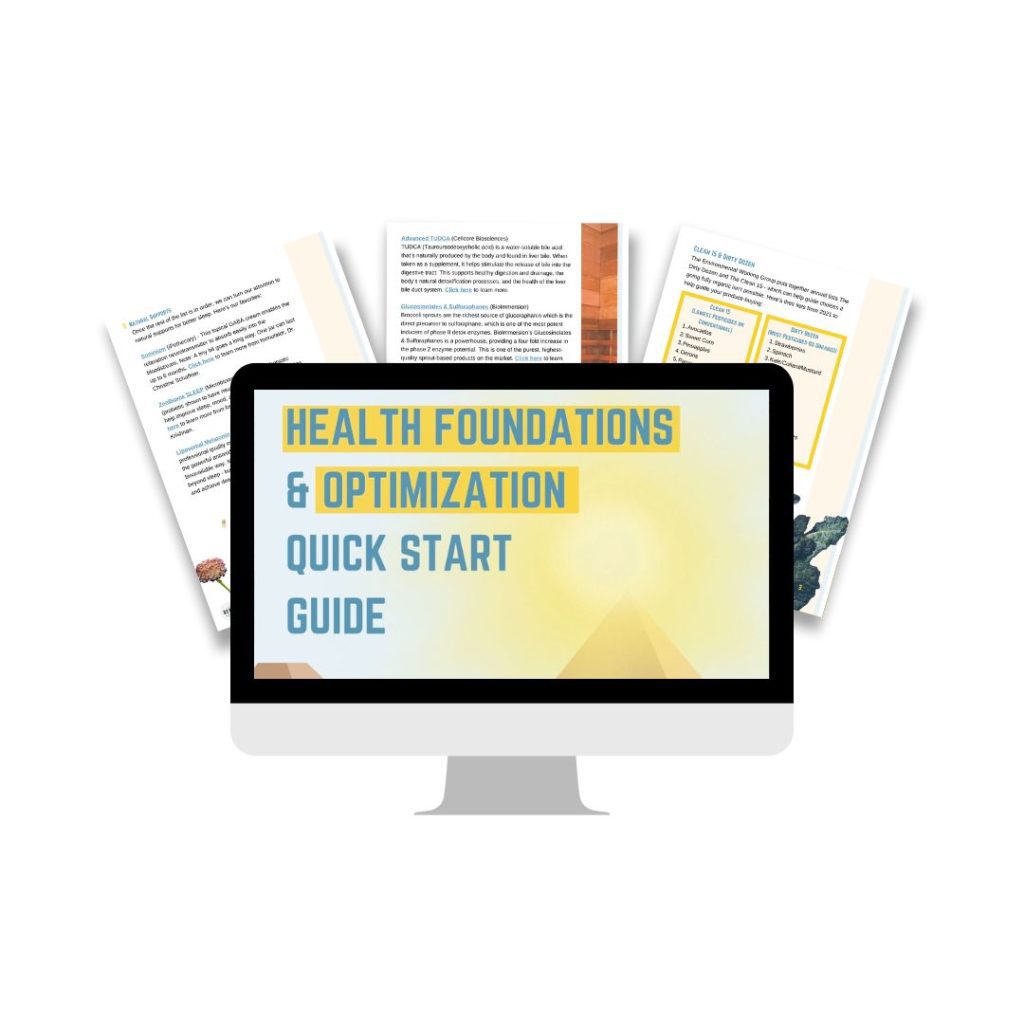
An Exclusive Course with 10 Years of Microbiome Knowledge Build Your Resilient Gut: Microbiome & Beyond
If you’ve ever wanted all of Kiran’s best content in one place, here they are!
The toxicity and Detoxification Masterclass covers a wide array of topics with the following guests:
19 Leading Experts Share Cutting-Edge Science, Effective Practices, and Clinical Strategies to Optimize Brain & Nervous System Health in Kids and Adults
Autoimmune Masterclass brings together 17 of the world’s leading doctors, researchers, and experts on autoimmune diseases who each present their own mini-class on autoimmunity.
Be the first to get access to special offers, new podcasts, courses, products and events from Rebel Health Tribe.
MegaSporeBiotic is a probiotic blend of 5 Bacillus spores that have been shown to maintain healthy gut barrier and immune function.